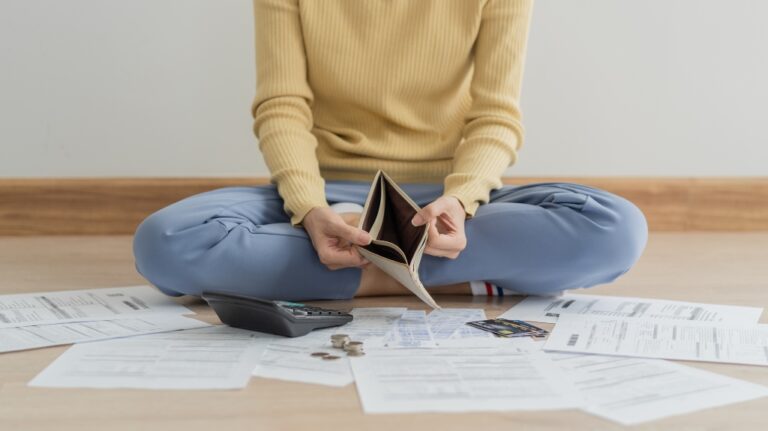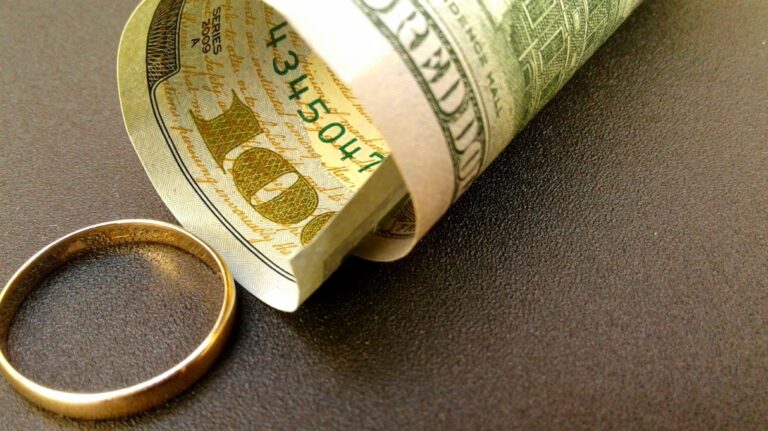What is a Chapter 7 Bankruptcy / Straight Bankruptcy Anyways?
Part One

Many times when I meet with my clients for a bankruptcy consultation, I find that more likely than not, they are misinformed of what a Chapter 7 Bankruptcy (or Straight Bankruptcy) really is. At our first meeting, as soon as I walk into the door my potential clients bombard me with a million questions like: How can I stop creditors from calling? Can I keep my car? Can I keep my house? What will my future look like? Will I go to jail? I sit calmly and listen. Talking calms people, and I am a very good listener. Finally when I can get a word in edge wise, I ask “has anyone ever explained to you what a Chapter 7 Bankruptcy is?” Husband and wife look at each other, and back at me. NO.
Ok, before we can go anywhere with this consultation it is vital that you understand what a Chapter 7 Straight Bankruptcy is and determine if you qualify to file under this Chapter . A Chapter 7 Bankruptcy or a Straight Bankruptcy allows the debtor(s) to “discharge” or eliminate most unsecured debt such as credit card debt, medical bills, or any personal loans that have not been secured to collateral.
Secured debts such as mortgages for vehicles must be current in order for you to keep them. If you are NOT current in your payments to these secured creditors, you must either surrender these assets to the Bankruptcy estate OR just simply wait and not file until you are able to get them current again.
You are allowed to keep some of your assets in a Chapter 7 Bankruptcy while others are sold by the interim trustee to repay some of your creditors. You can keep assets as long as the equity or value in the asset meets the allowable exemptions in your home state. For an example, in South Carolina, the homestead exemption is $106,750.00. This means that if your home has equity in the amount of $106,750.00 or less, you can keep your home assuming you are current on your mortgage payments. If you are filing alone, without a spouse, you are given ½ of the exemption amount, which equals to $53,375.00.
Here is another example: The Jewelry exemption allows debtors to keep $2,150.00 worth of jewelry. If you own jewelry valuing more than this amount, you will have to surrender what is in excess of the exemption amount allowed. This makes sense, as it would be unfair for you to eliminate your unsecured debt when you own say a $500,000.00 diamond ring for an example. I will go into exemptions more in-depth in later posts as it can get a little tricky.
The sound of getting all of your unsecured debt eliminated sounds good right? Not so fast, we have to talk about whether you qualify to file for a Chapter 7 Bankruptcy or not.
DISCLAIMER: The information contained on this page is for general information, only. It is not intended to be legal advice, nor should you make legal decisions based on this information. Please consult one of our attorneys to see how the law applies to your particular situation.





